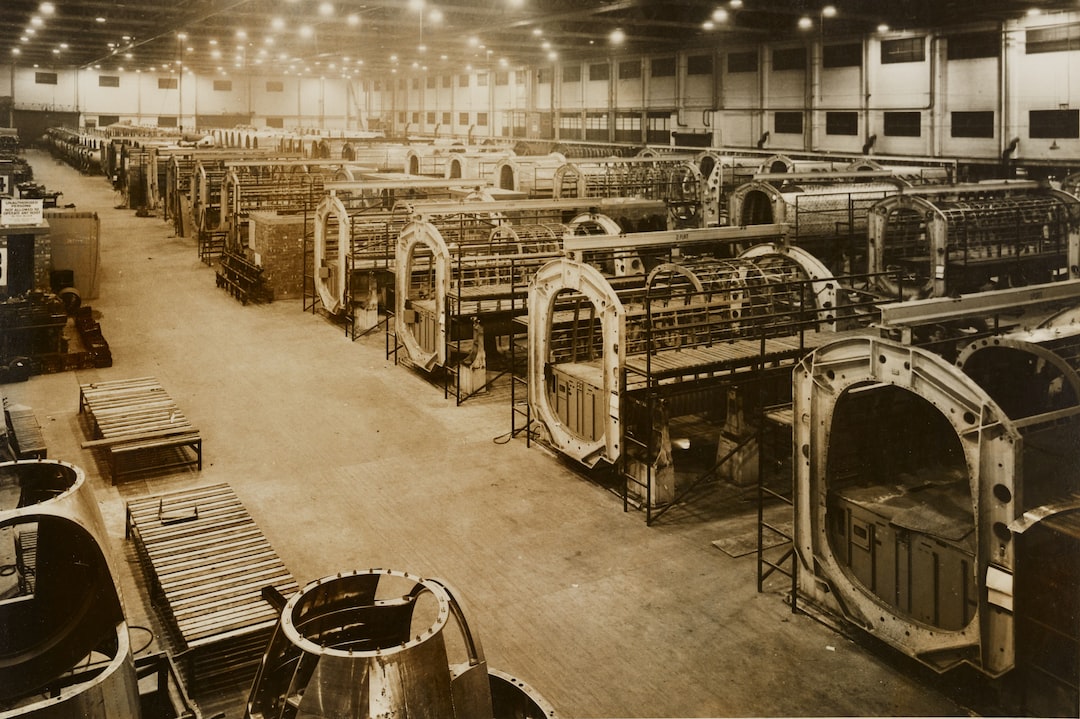Just-in-Time (JIT) manufacturing is a production strategy that focuses on producing goods and services in the exact quantity and time needed, eliminating waste and increasing efficiency. This system has gained popularity in recent years due to its numerous benefits for businesses. In this blog post, we will explore the advantages of implementing a just-in-time manufacturing system.
One of the key benefits of JIT manufacturing is the reduction in inventory costs. Traditional manufacturing systems often require large quantities of inventory to be kept in stock, resulting in high storage costs and potential wastage. However, with JIT manufacturing, inventory is significantly reduced, as goods are produced only in the necessary quantities and at the appropriate time. This not only saves on inventory costs but also minimizes the risk of obsolete or expired stock.
Another advantage of JIT manufacturing is the improvement in overall efficiency. By delivering materials and components to the production line exactly when they are needed, unnecessary waiting times are eliminated. This leads to a reduction in production lead times, allowing businesses to respond quickly to changes in demand. Additionally, JIT manufacturing encourages better communication and collaboration between suppliers and manufacturers, resulting in enhanced coordination and fewer delays.
Quality control is also improved with the implementation of a just-in-time manufacturing system. Since JIT requires a high level of precision in production and delivery, defects and errors are quickly identified and rectified before they become significant issues. With reduced inventory levels, any quality issues can be addressed immediately rather than allowing defective items to accumulate. By consistently producing high-quality goods, businesses can enhance customer satisfaction and loyalty.
JIT manufacturing also promotes continuous improvement and innovation within an organization. The focus on efficiency and eliminating waste encourages companies to constantly evaluate and update their processes. By streamlining operations, optimizing workflows, and eliminating non-value-added activities, businesses can create a culture of continuous improvement. This leads to enhanced productivity, reduced costs, and better overall performance.
Furthermore, implementing a just-in-time manufacturing system can significantly reduce lead times and increase flexibility. By producing goods in small batches and replenishing stock as needed, manufacturers can quickly respond to changes in customer demand. This is particularly beneficial in industries with fluctuating demand patterns or short product life cycles. Being able to adapt swiftly to market changes allows businesses to stay ahead of the competition and maintain a competitive edge.
Lastly, JIT manufacturing contributes to the sustainability and environmental consciousness of businesses. With reduced inventory levels and efficient use of resources, waste and environmental impact are minimized. By eliminating excess inventory, businesses can avoid waste generation and reduce the need for excessive storage space and energy consumption. This not only benefits the environment but also helps organizations to portray a more responsible and eco-friendly image to consumers.
In conclusion, implementing a just-in-time manufacturing system offers several advantages ranging from cost savings and improved efficiency to enhanced quality control and flexibility. By eliminating waste, optimizing processes, and reducing lead times, businesses can achieve better overall performance and maintain a competitive edge in today’s dynamic business environment. Moreover, JIT manufacturing promotes sustainability and environmental responsibility, aligning organizations with the increasing consumer demand for responsible business practices.

